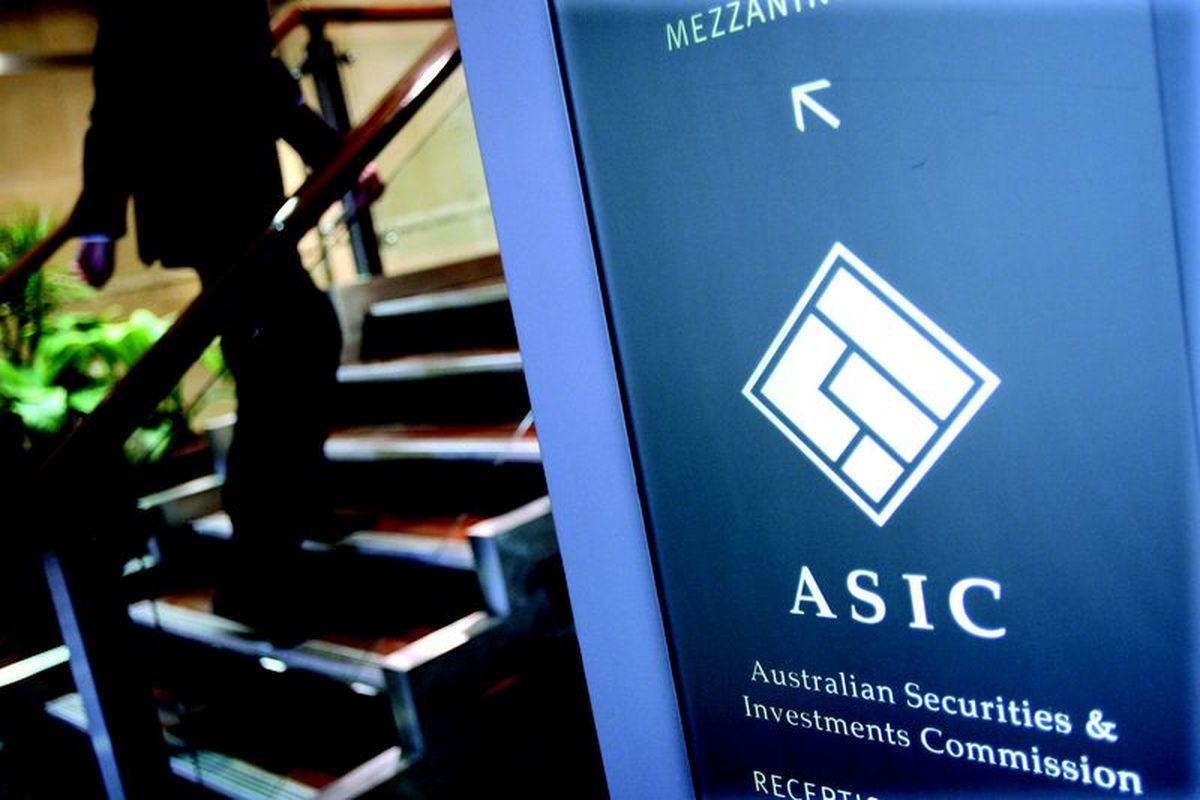ASIC Sues Binance Over Consumer Protection Violations

ASIC Sues Binance: In a significant move highlighting the increasing regulatory scrutiny of cryptocurrency exchanges, the Australian Securities and Investments Commission (ASIC) has filed a lawsuit against Binance, one of the world’s largest crypto trading platforms. The case centers on allegations of consumer protection violations, raising After SEC Quits Probe Ether and Altcoin Prices Improve critical questions about compliance and accountability in the rapidly evolving digital asset space.
The Allegations
ASIC accuses Binance of failing to adequately classify retail and wholesale clients, a distinction crucial under Australian financial regulations. Retail clients are afforded greater protections, including access to dispute resolution mechanisms and stricter compliance requirements. According to ASIC, Binance’s misclassification of users potentially exposed retail investors to higher risks and less regulatory oversight.
The lawsuit also alleges that Binance engaged in misleading conduct by promoting complex financial products without proper risk disclosures. These products, including derivatives like futures and options, carry significant risk and may not be suitable for inexperienced investors.
Regulatory Context
The action against Binance is part of a broader crackdown by global regulators on cryptocurrency platforms. As digital assets gain mainstream adoption, regulators are striving to ensure these platforms operate within the framework of existing financial laws. In Australia, ASIC has been particularly vigilant, emphasizing the need for transparency, fair practices, and robust consumer protections in the crypto industry.
Binance’s legal troubles in Australia mirror challenges it faces in other jurisdictions. The exchange has been under scrutiny in the United States, Europe, and Asia for issues ranging from money laundering concerns to compliance failures. These ongoing challenges highlight the global regulatory push to bring the crypto industry in line with traditional financial systems.
Binance’s Response
 In response to the lawsuit, Binance has stated its commitment to working with regulators and ensuring compliance with local laws. The exchange claims it has taken steps to improve its processes, including implementing stricter Know Your Customer (KYC) measures and enhancing its user classification systems. However, critics argue that these measures may be too little, too late, given the scale of alleged violations.
In response to the lawsuit, Binance has stated its commitment to working with regulators and ensuring compliance with local laws. The exchange claims it has taken steps to improve its processes, including implementing stricter Know Your Customer (KYC) measures and enhancing its user classification systems. However, critics argue that these measures may be too little, too late, given the scale of alleged violations.
Implications for the Crypto Industry
ASIC’s lawsuit against Binance serves as a warning to other cryptocurrency platforms operating in Australia and beyond. It underscores the importance of adhering to regulatory requirements, particularly in areas such as client classification. Risk disclosure, and consumer protection. Failure to comply not only risks legal action but also erodes trust among users and investors.
For consumers, the case highlights the need for caution when engaging with crypto platforms. While the promise of high returns can be enticing, the risks associated with unregulated or poorly regulated exchanges cannot be overlooked. Investors are encouraged to conduct thorough research and ensure they understand the terms and conditions of any financial products they engage with.
Conclusion
The outcome of ASIC’s lawsuit against Binance could set a precedent for how cryptocurrency platforms are regulated in Australia and influence global regulatory trends. If ASIC’s claims are upheld. Binance may face significant penalties, including fines and operational restrictions. More importantly, the case could prompt other jurisdictions to adopt. Stricter measures to protect consumers in the digital asset market.
As the crypto industry continues to grow, balancing innovation with regulation will remain a key challenge. Platforms like Binance, which have played a pivotal role in popularizing digital assets. Must navigate this complex landscape carefully to ensure sustainable growth and maintain public trust.
In the meantime, all eyes are on the legal battle between. ASIC and Binance, a case that could shape the future of cryptocurrency regulation not only in Australia but across the globe.
[sp_easyaccordion id=”3776″]




